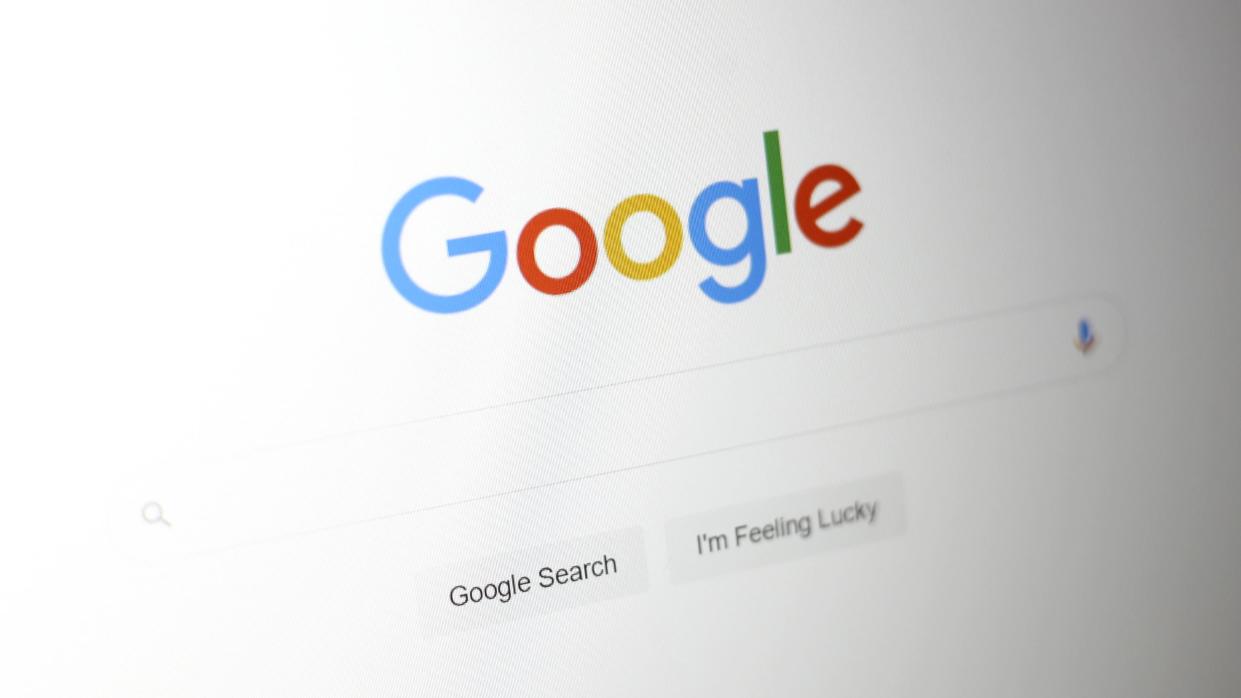Google Gemini AI assistant app comes to the UK

A dedicated mobile app to access Google’s Gemini, the firm’s generative AI assistant, has been released in the UK for the first time.
A new Gemini app has launched on Google’s own Android mobile operating system, while users of Apple’s iOS will be able to access Gemini from within the existing Google app “over the next couple of weeks”, the tech giant said.
The move will put Google’s flagship artificial intelligence product in the hands of millions more users, who will be able to use text, voice and images to interact with the virtual assistant.
Jules Walter, group product manager for Gemini experiences at Google, said: “We remain dedicated to making Gemini available to as many people as possible.
“By expanding our language support and reaching new countries, we’re ensuring more people can supercharge their ideas with Gemini.”
He added: “With the Gemini app on your phone, you can type, talk or add an image for all kinds of help: you can take a picture of your flat tyre and ask for instructions on how to change it, or get help writing that thank you note.
“It’s an important first step in building a true AI assistant — one that is conversational, multimodal and helpful.”
Google’s rollout comes as the battle for market dominance in the AI space intensifies among the world’s biggest tech firms.
In recent weeks Microsoft has unveiled new dedicated, AI-powered laptops and tablets housing its Copilot AI assistant, while OpenAI, the firm behind ChatGPT, announced the latest version of the popular chatbot, which is more conversational and better able to understand and move between voice, text and visual inputs.
But the rapid rollout of AI products has not been without its issues.
Google was forced to apologise over an image generation tool which was incorrectly creating racially diverse images, even when doing so was inaccurate.
And OpenAI withdrew one of the five voices it uses for ChatGPT after many commented that it sounded similar to actress Scarlett Johansson – including the actress herself – after she claimed OpenAI had contacted her about being a voice in the app, but she declined.

 Yahoo News
Yahoo News 
